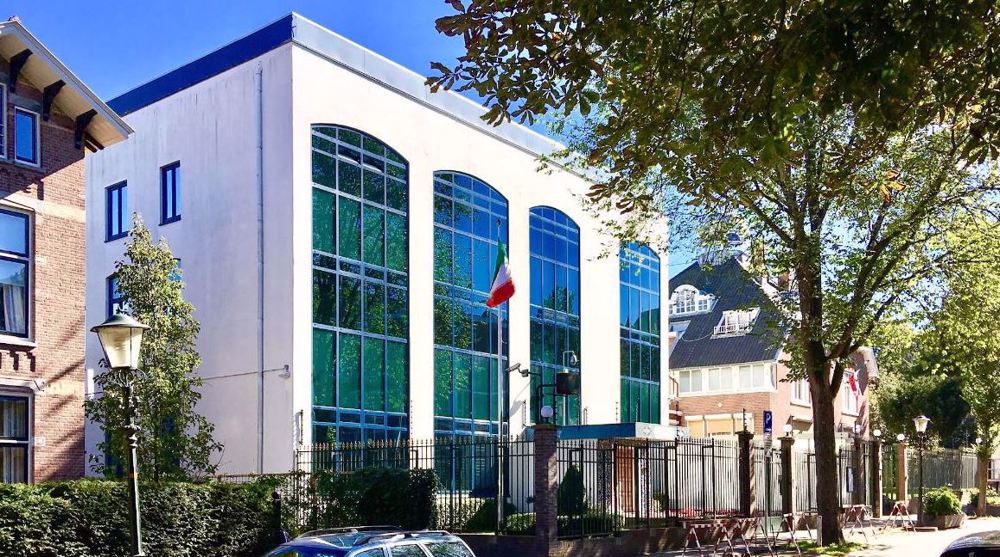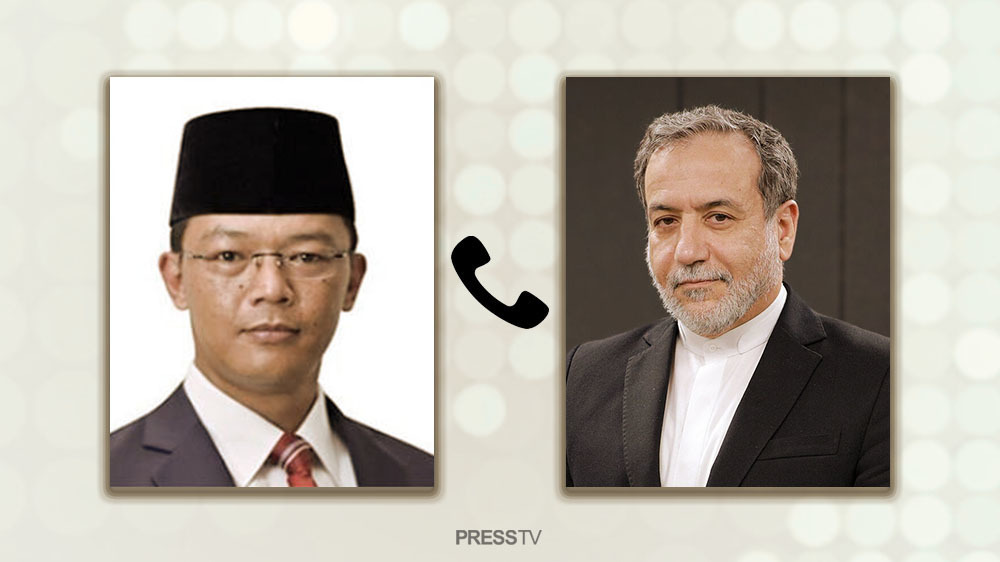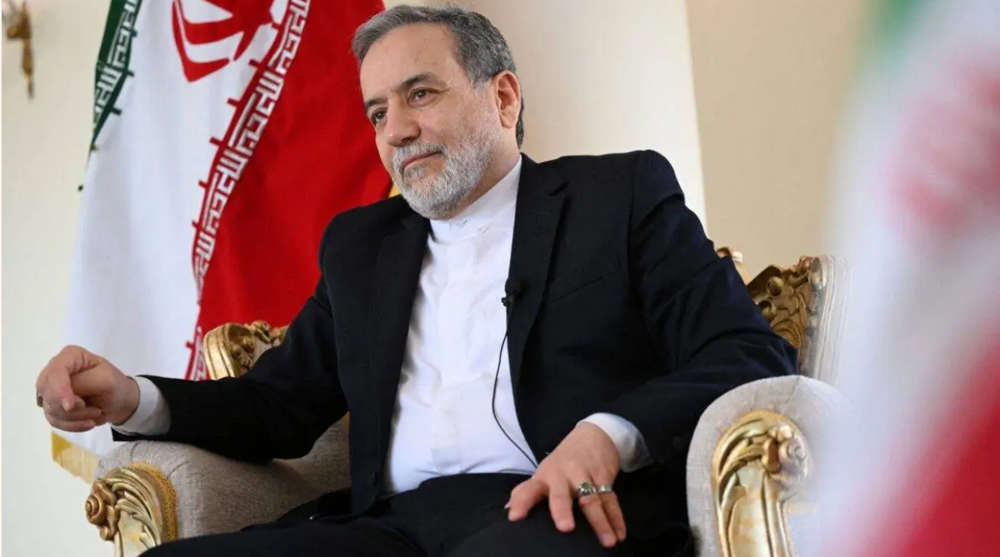Zarif slams US as report reveals Washington’s bid to blackmail captain of Iran-operated tanker
Iran’s Foreign Minister Mohammad Javad Zarif says a US policy of enticing and threatening is becoming a pattern, as reports emerged that Washington had sought to blackmail the captain of an Iranian-operated tanker to receive bribe for the vessel or face sanctions.
“Having failed at piracy, the US resorts to outright blackmail—deliver us Iran’s oil and receive several million dollars or be sanctioned yourself,” Zarif said on his official Twitter page on Wednesday.
Having failed at piracy, the US resorts to outright blackmail—deliver us Iran’s oil and receive several million dollars or be sanctioned yourself.
— Javad Zarif (@JZarif) September 4, 2019
Sounds very similar to the Oval Office invitation I received a few weeks back.
It is becoming a pattern.#BTeamGangsters pic.twitter.com/B1oQTLghWZ
On July 4, Britain’s naval forces unlawfully seized supertanker Adrian Darya 1, then known as Grace 1, and its cargo in the Strait of Gibraltar on the pretext that it had been suspected of carrying crude to Syria in violation of the European Union’s unilateral sanctions against the Arab country.
Tehran, however, rejected London’s claim about the tanker’s destination and slammed the seizure as “piracy.”
According to Spain’s Foreign Ministry, the UK had seized the vessel at the request of the US, which has been trying to trouble Iran’s international oil vessels as part of its campaign of economic pressure against the Islamic Republic.
Late last month, the United States blacklisted the vessel and sanctioned its captain, according to the US Treasury Department.
A report by The Financial Times revealed Wednesday that four days before the US imposed sanctions on the tanker, the vessel’s Indian captain received an unusual email from Brian Hook, the US special representative for Iran at the Department of State.
According to several emails seen by the Financial Times, Hook wrote to Akhilesh Kumar on August 26 that the Trump administration was offering him several million dollars to pilot the ship to a country that would impound the vessel on behalf of the US. To make sure the captain did not mistake the email for a scam, it included an official state department phone number.
Hook has emailed or texted roughly a dozen captains in recent months in an effort to scare mariners into understanding that helping Iran evade sanctions comes at a heavy price, the report added.
Zarif said the US was setting a pattern in its policy of baits and threats as he himself was invited to meet with the president at the White House just weeks before the Trump administration placed sanctions on him.
“Sounds very similar to the Oval Office invitation I received a few weeks back. It is becoming a pattern,” Zarif’s tweet said.
According to a report by The New Yorker, Kentucky Republican Senator Rand Paul reportedly tapped by Trump as a go-between with Iran, extended the invitation to Zarif during a meeting at the residence of Iran’s ambassador to the United Nations in New York on July 15.
The Iranian foreign minister was in the US for an event at the UN, and he rejected the invitation after consulting Tehran, according to the report, which cited “American and Iranian sources and a well-informed diplomat.”
On July 31, the US imposed sanctions on Zarif for what Iran described as “great fear” of his eloquent delivery of the Iranian nation’s message to the world.
In separate statements, the US departments of State and Treasury announced the imposition of sanctions against Zarif because he “acted or purported to act for or on behalf of, directly or indirectly, the Supreme Leader of the Islamic Republic of Iran.”
In a tweet shortly after the designation, Zarif said “the US' reason for designating me is that I am Iran's ‘primary spokesperson around the world’. Is the truth really that painful?”, mocking the terms used by the US administration to describe his activities.
The US sanctions on the top Iranian diplomat sparked global outcry.
World countries, including China, Russia, and France, expressed concern about the move while the European Union also regretted the US decision, stating that it intends to keep working with the Iranian foreign minister.

Iran rejects 'baseless' Dutch claims about plotting assassinations

Indonesia, Iran stress commitment to expanding relations

Iran FM says ready to visit Paris, Berlin, London for diplomacy
US nuclear weapons costs projected to soar to $946 billion
Yemen downs seven US Reapers worth $200 million in six weeks
VIDEO | Immigrant voices unite in New York against global far-right surge
Iran rejects 'baseless' Dutch claims about plotting assassinations
US warplanes bomb four Yemeni provinces in fresh aggression
VIDEO | Paris protesters slam Israel’s war on Gaza
VIDEO | Press TV's news headlines
VIDEO | US issues ‘final offer’ to Kiev for peace with Moscow










 This makes it easy to access the Press TV website
This makes it easy to access the Press TV website